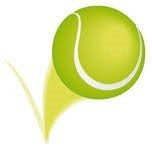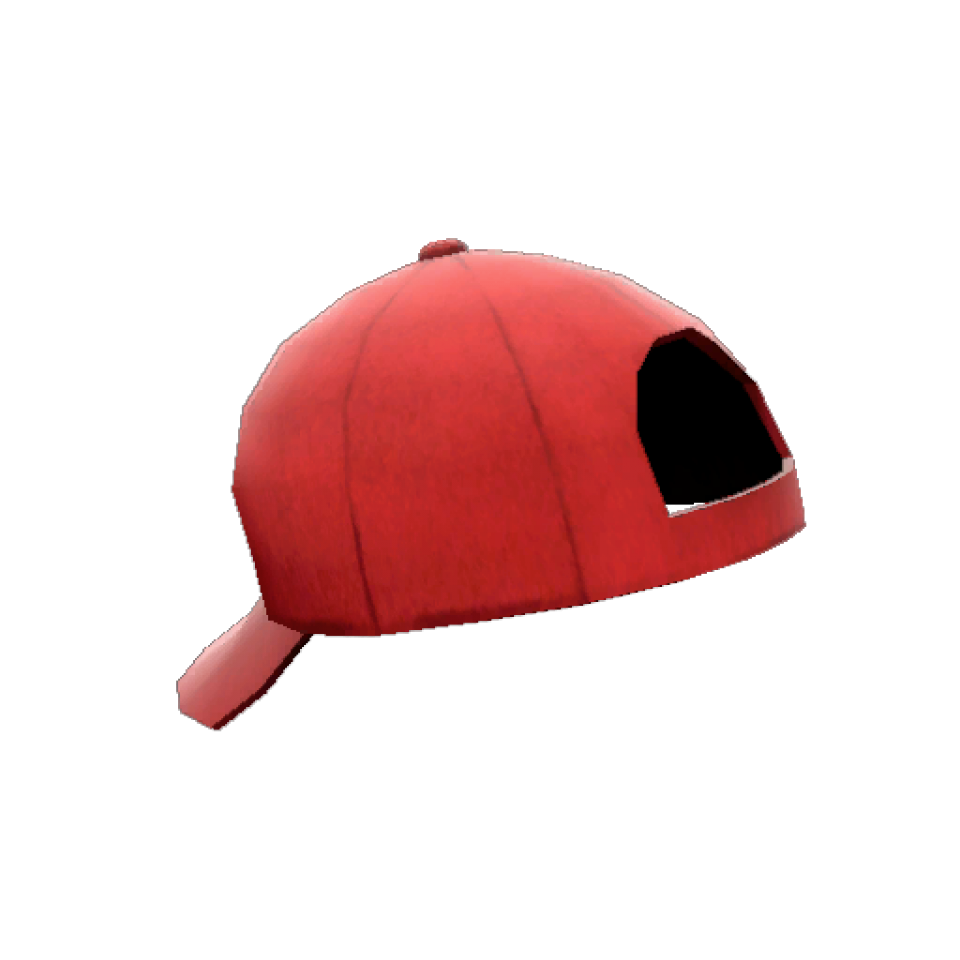SPLIT STEP TENNIS
Being a Better Tennis Parent
excerpts taken from the International Tennis Federation, development department
A COMMENT FROM COACH ALBERT:
I have wonderful tennis parents and you all deserve an A+ on your parenting skills!
I found the below document to be educational and informative and thought to share because information relates beyond tennis.
Overview, highlights of document:
- How to speak and interact with your child, so you both have a healthy relationship.
-Be supportive, encourage, positive, listen, motivate your child's tennis involvement.
- Understand tennis is difficult, and will become more challenging as they improve.
- Trust that your coach knows how to guide your child's progressions, but still voice your concerns.
- Don't be a coach and think you know everything about tennis and don't live your dreams through your child.
EXCERPTS FROM THE INTERNATIONAL TENNIS FEDERATION:
Research has shown that tennis is one of the healthiest, least injurious sports youngsters can play. Tennis is a lifetime sport. It builds self-confidence and self-esteem. It teaches self-discipline, self-reliance and respect for others. But, above all,it provides a good way of performing physical exercise whilst having fun. Today, more children than ever before are taking part in tennis.
However, there’s a big difference between learning the basic strokes to play the game at recreational level, and competing successfully at a high level.
Individual competitive sports like tennis usually teach the youngsters to work hard, to learn to manage stress, to perform under pressure, and test emotional and physical balance. However, they can also impose pressures which are damaging if handled wrongly.
Sometimes competitive junior tennis can be especially difficult for both parents and children because there are many factors which affect this competitive environment which are usually new for everybody.
For parents, competitive tennis can become a complex experience, especially if they themselves have not played at a competitive level before. For youngsters, problems occur because too often, the demands that competitive tennis place on them seem to lie beyond their control and abilities.
You, as a parent, want to help your child to manage this new situation, as you doing other aspects of your child’s life: school,friends, family, etc. You want your child to be happy, to have fun and to learn to play tennis to a reasonable level. No doubt that’s why you encouraged them to be involved in the sport in the first place.
You know that it is not easy to be a good parent and, it is even harder to be a good parent of a tennis player. To know what is best to do to help your child and also when and where to do it, is not easy.
There are a lot of questions to ask but it is difficult to know who to ask and for the most part, there are no clear answers or guidelines to follow. Many problems occur because parents are unsure as to how they can best help their child and so use their natural instincts. In doing this, they go wrong far more often than they go right.
Interestingly enough, research has shown that the support and interest of the parents is crucial to the child’s continued participation in tennis. However, it has also shown that much of the physical and emotional stress affecting the games of junior tennis players is caused by their parents. The consequences of excessive stress in junior competitive tennis are uniformly negative and often lead to burnout. Moreover, if parents put unnecessary pressure on their child, this also can damage their parent/child relationship. The reality is that parents have a very important role to play in their child’s tennis activity, whatever the level of participation. Parents need, however, to be trained and prepared for the role they have to play in this team.Hence the reason for this document which has been written to help you, the parent, to perform better within the highly complex and sometimes, confusing world of competitive tennis. It is written to inform and to provide guidelines on how to best help your child so as to ensure that you, as well as your child, enjoy your involvement in tennis. We hope that you find the information useful in your tennis parent role wherever in the world it may be.
PARENTS AND TENNIS AS A SPORT
•Focus mostly on performance instead of focusing only on tennis results or outcomes.
•Reward effort/hard work ahead of success. AVOID rewarding only results.
•Promote the perspective that tennis is only a sport emphasizing its value as a preparation for life. AVOID making tennis bigger than life by for instance, placing more importance on tennis than school work.
•As a tennis parent, try to understand and have empathy with the emotional pressures and the complexity of the sport itself. AVOID underestimating the stresses of an individual sport like tennis.
•Give your children tasks and responsibilities which will in time, build self confidence and independence. AVOID making them overly dependent on you.
•Ensure that the tennis competitive experience is a positive one, principally from the perspective of developing the person. Emphasize the important elements of sportsmanship, ethics, personal development, responsibility and a positive attitude towards others and by doing so, share with your child a healthy interest in a great sport. AVOID allowing training and competition to become a negative experience for you or your child.
•Realize that children not only have the right to participate in tennis but also, to chose not to participate.
•Let your child know you care and are there if they need you to help them. AVOID becoming over involved in your child’s tennis.
•Be prepared to listen and learn. AVOID thinking that you know everything about tennis.
PARENTS AND THEIR SONS AND DAUGHTERS
•Be ready to help emotionally and offer encouragement especially when your children face hard times. AVOID using punishment and withdrawal of love, affection and warmth to get your children to try harder or perform better.
•Make your child feel valuable and reinforce his self-esteem especially when he loses. AVOID criticizing your children’s results.
•Clearly state that your child is playing and you will be there encouraging him if he wants you to be. AVOID saying,“We’re playing today,” as if you were going to be on court too.
•Recognize your child’s achievements in tennis but keep their feet firmly on the ground by keeping sporting results in perspective. AVOID placing them on a pedestal.
•Emphasize that, “Win or lose, I love you just the same”. AVOID getting upset or treating your child differently when he loses.
•Stay throughout the match and show your child by not overreacting to positive or negative situations, that regardless of the score, you care and you value his effort. AVOID walking away from a match because your child is doing badly.
•Ask questions such as, “How was the match?”, “How did you play?”, “Did you enjoy it?”, which show you care about your child and their performance/enjoyment rather than the result. AVOID asking, “Did you win?” after your child comes back from a match.
•AVOID over training and burnout. Don’t forget that your child is still growing.
•Be supportive (financially and otherwise), reinforcing that you are happy to support your child’s involvement in tennis. AVOID fostering guilt by making your child feel that he owes you for the time, money and sacrifices you have made.
•Try to encourage your child to be independent and to think for himself. AVOID coaching from the sidelines.
•Following a loss by your child, keep the loss in perspective by emphasizing that it is only a tennis match. However bad the result was, the world hasn’t come to an end and the sun will come up again tomorrow. AVOID verbally or physically abusing your child, particularly following a loss.
•Try to be honest and consistent when communicating with your child about his tennis. AVOID lying.
•Encourage your child to take responsibility for their success or failure and to face up to the reality of the match and their actions (e.g. “it was the same surface for both of you”). The main objective should be, whatever the conditions, to help them to focus on trying their best . Then they will always be “true winners”. AVOID making excuses for your child (“the court was too slow”, “the opponent was lucky”, blame the umpire etc.).
•Show your interest in your child’s tennis by attending events occasionally. However, AVOID attending every practice and every match.
•Let the coach decide how much your child should practice. AVOID criticizing your child for failure to play more tennis,or forcing him to train. Remember when it comes to training, quality is more important than quantity.
•Understand the risks and look for the signs of stress (sleeplessness, hyper criticism, cheating, etc.). AVOID being insensitive to your child’s expressions of insecurity and anxiety, resulting from their involvement in competitive sport.
•The only expectation that you should have from your child’s involvement in tennis is that playing tennis will help your child to become a better person and athlete.Anything else will be a bonus. AVOID assuming or expecting that your child will become a successful professional tennis player.
•Encourage your child to play other sports, to build relationships and to participate in other activities. AVOID forcing your child to focus entirely on tennis.
•Compare your child’s progress with his own abilities/goals. AVOID comparing your child’s progress with that of other children.
•Try to motivate your child in a positive and caring way (eg. positive reinforcement). A ratio of 3 : 1 positive comments to each negative one is a good guide for giving effective feedback to your child. AVOID harassing or using sarcasm to motivate your child.
•Ensure your child respects the principles of good sportsmanship, behavior and ethics. AVOID ignoring your child’s poor behavior (cheating, using abusive language or treating others with disrespect) or overlooking critical areas of your child’s development at the expense of tennis. If this type of behavior occurs, get involved quickly and be prepared to act if his behavior is unacceptable.
•Reward your child for what he is as a human being not as a tennis player. AVOID tying special privileges, prizes,external rewards, etc., to winning in tennis.
•Understand that you and your child need to share other interests and will often need a break from tennis. AVOID arguing or spending too much time speaking about tennis with your child.
•Your child’s welfare and well being is the most important thing. AVOID letting your child’s tennis become more important to you than your child.
•Realize that tennis players usually need some space when they lose. A pat on the back or an unemotional word of encouragement is often sufficient as the player leaves the court. You can discuss the match when they are less emotional. AVOID forcing your child to talk with you immediately after a loss.
•Take injuries seriously and if in doubt consult a doctor. Don’t ignore aches and pains and never force your child to play when injured.
•Let your child know that you are ready whenever possible to provide transportation for them to tournaments and practice. AVOID insisting on accompanying your child to every lesson and match.
PARENTS THEMSELVES
•Try to look positive, content, determined, calm and relaxed during matches. AVOID showing negative emotions by looking nervous or disgusted on the court side when, for example, your child makes a silly mistake.
•Keep your sense of humor and try to have fun through your child’s tennis. AVOID acting negatively or appearing overly critical. Know that it takes emotional control to be a good tennis parent.
•Stick to your parental role. AVOID trying to be your child’s coach (i.e. become too involved in strategy, technique, etc.).
•Live your own life apart from tennis. Remember you have personal needs too. Don’t totally neglect them. AVOID trying to live out some of your unfulfilled dreams through your child’s tennis.
•Recognize and be generous in your applause of the performance and effort of your child’s opponents. AVOID ignoring or criticizing your child’s opponents.
PARENTS AND THEIR CHILDREN’S COACH AND OTHERS
•Have respect for your coach’s expertise. AVOID criticizing the teaching methods of your child’s coach.
•Ensure that the coach is keeping the right perspective by being positive, encouraging and promoting good life values. AVOID allowing the coach to be too pushy, negative or results-oriented, or to enroll your child in excessive training, etc.
•Establish clear lines of communication and try to meet regularly with your child’s coach to ask about your child’s progress and to discuss shared goals and the emotional development of the child. DON’T avoid meeting or communicating with the coach.
•Prior to hiring a new coach for your child, ensure that any previous coach - student relationship has been ended in a professional and ethical manner.
•Understand that your child’s coach is a qualified professional who can help your child in many areas, both tennis and others, and also help you to understand and to know more about tennis. Assist the coach by helping them through your experiences to gain insights into and a better understanding of your child’s personality and feelings. AVOID considering the coach as merely an employee or “ball feeder” who has only professional goals.
•Be generous in recognizing the good play of your child’s opponent. As you can help one another, work to build good relations with other parents.
•AVOID developing poor relations with other parents and making enemies with your child’s opponent’s parents.
•Try to keep a balance between tennis and the interests of the other members of the family. AVOID overlooking other children in the family



